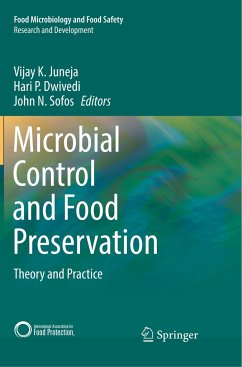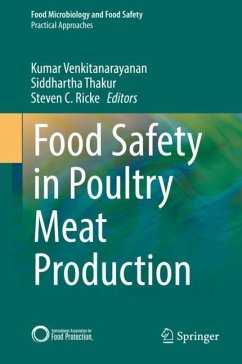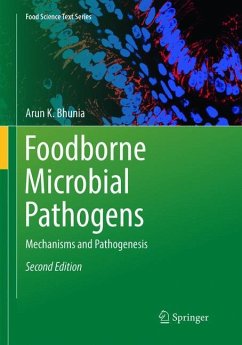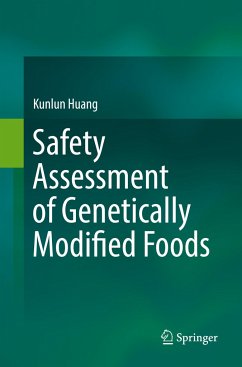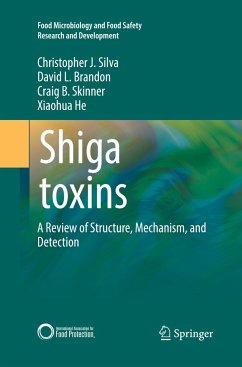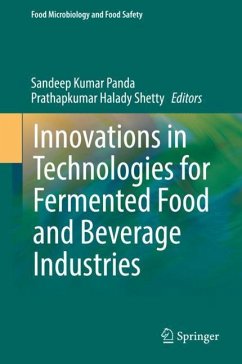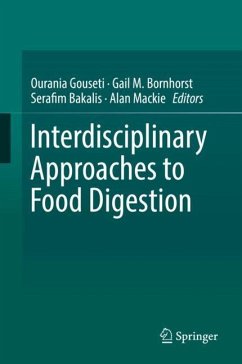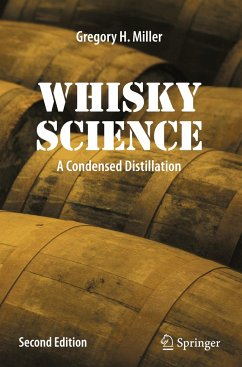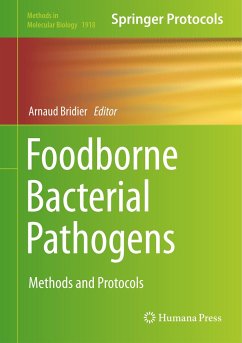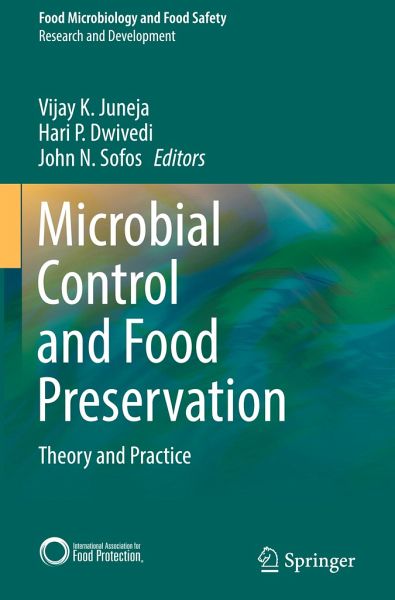
Microbial Control and Food Preservation
Theory and Practice
Herausgegeben: Juneja, Vijay K.; Dwivedi, Hari P.; Sofos, John N.

PAYBACK Punkte
83 °P sammeln!
This edited volume provides up-to-date information on recent advancements in efforts to enhance microbiological safety and quality in the field of food preservation. Chapters from experts in the field cover new and emerging alternative food preservation techniques and highlight their potential applications in food processing. A variety of different natural antimicrobials are discussed, including their source, isolation, industrial applications, and the dosage needed for use as food preservatives. In addition, the efficacy of each type of antimicrobial, used alone or in combination with other f...
This edited volume provides up-to-date information on recent advancements in efforts to enhance microbiological safety and quality in the field of food preservation. Chapters from experts in the field cover new and emerging alternative food preservation techniques and highlight their potential applications in food processing. A variety of different natural antimicrobials are discussed, including their source, isolation, industrial applications, and the dosage needed for use as food preservatives. In addition, the efficacy of each type of antimicrobial, used alone or in combination with other food preservation methods, is considered. Factors that limit the use of antimicrobials as food preservatives, such as moisture, temperature, and the ingredients comprising foods, are also discussed. Finally, consumer perspectives related to the acceptance of various preservation approaches for processed foods are described.



